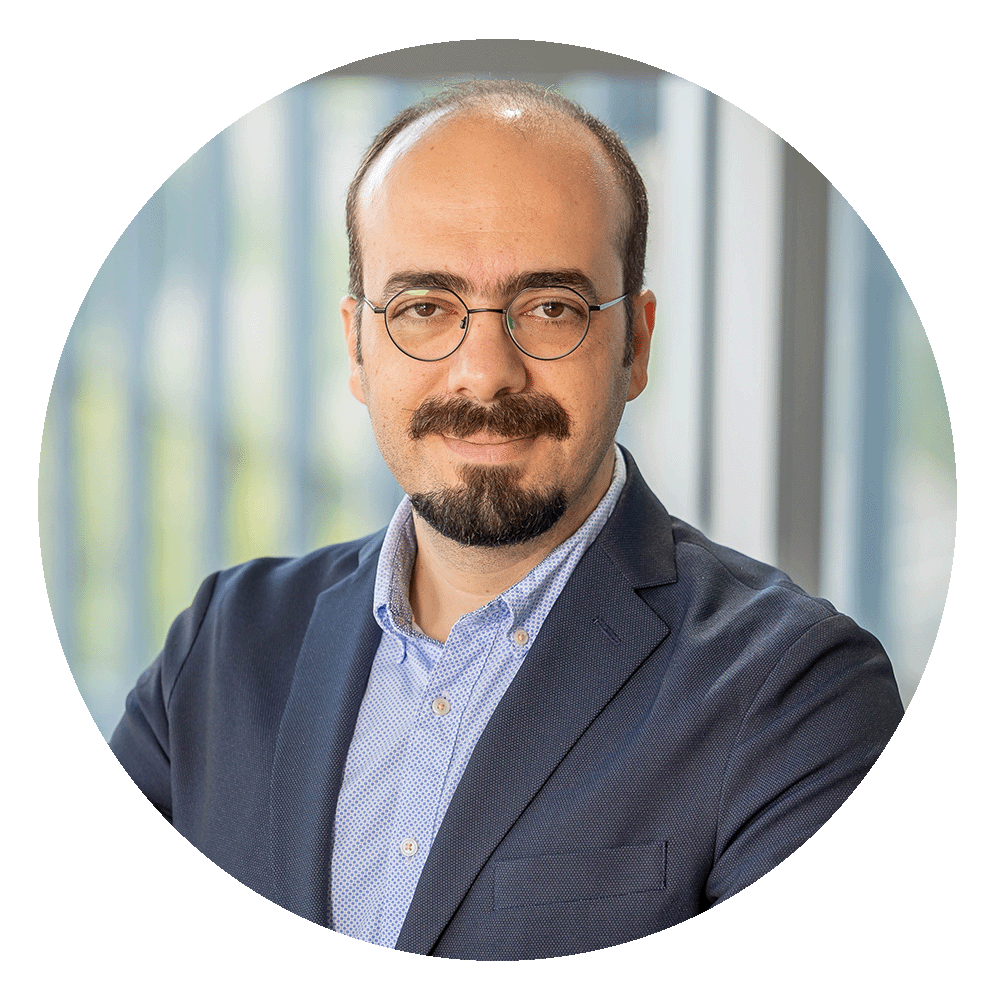Mechanical engineering alum Mustafa Usta ’16G ’18 PhD has joined the faculty of Cleveland State University as an assistant professor of mechanical engineering. He was most recently a postdoctoral fellow and research faculty at the Georgia Institute of Technology.
Usta’s research focuses on using advanced computational methods and scientific machine learning to unravel complex dynamics of fluid flows. He is particularly interested in problems at the interface of fluid dynamics, biology, chemistry, and thermal sciences, and his work has applications in health, energy, and the environment.
“Complex flows usually include multiscale phenomena where a system is governed by a wide range of time and length scales,” says Usta. “This fact forms a critical bottleneck in modeling and simulating many engineering problems at a practical level owing to its high dimensional and non-linear behavior that is not easily amenable to existing computational tools.”
He seeks to “develop integrated computational and scientific machine learning frameworks to bridge the gap that brings highly accurate solutions at smaller scales to practical levels with reasonable computational costs.”
While a graduate student at Lehigh, Usta was advised by Alparslan Öztekin, a professor of mechanical engineering and mechanics.Usta conducted research on mass, momentum, and energy transport phenomena in reverse osmosis (RO) desalination and vacuum membrane distillation (VMD) modules using computational techniques to enhance the efficiency of these water purification systems.
Usta has published more than 30 papers in peer-reviewed journals and conference proceedings. He holds MS and PhD in mechanical engineering from Lehigh as well as a BS from Yildiz Technical University in Turkey.
Alumni Spotlight: Mustafa Usta
“My research lives in the interaction of fluid dynamics with other scientific domains,” says mechanical engineering alum Mustafa Usta ’16G ’18 PhD, now an assistant professor of mechanical engineering at Cleveland State University. “It demands constant learning and exposure to knowledge in many interesting fields (i.e., protein binding, chemical reactions, and heat and mass transport.) I get excited about this aspect of my research as it drives my curiosity and enables me to collaborate with an interdisciplinary team of researchers.”
“During my studies at Virginia Commonwealth University as a visiting first-year undergraduate researcher, I was amazed to see that many innovative solutions could be offered to problems with high societal impact through scientific research. The impactful collaborations and funding mechanism in the Academia-Agency-Industry triangle was an eye-opening moment for my future career. Then I immediately decided to complete my BS degree with a clear path in my mind about joining a graduate program to learn and practice the research methodology. My main motivation was to ask new scientific questions and seek innovative answers that impact people’s lives.”
How did your Lehigh graduate education help set you up for success in your academic career?
“Lehigh provided me with an environment free from academic jealousy, where everyone shared values with respect, and where I could learn that trying is more valuable than success. This philosophy helped me a lot in my academic life—both to be involved in impactful collaborations and to encourage and support my students for their growth.”
